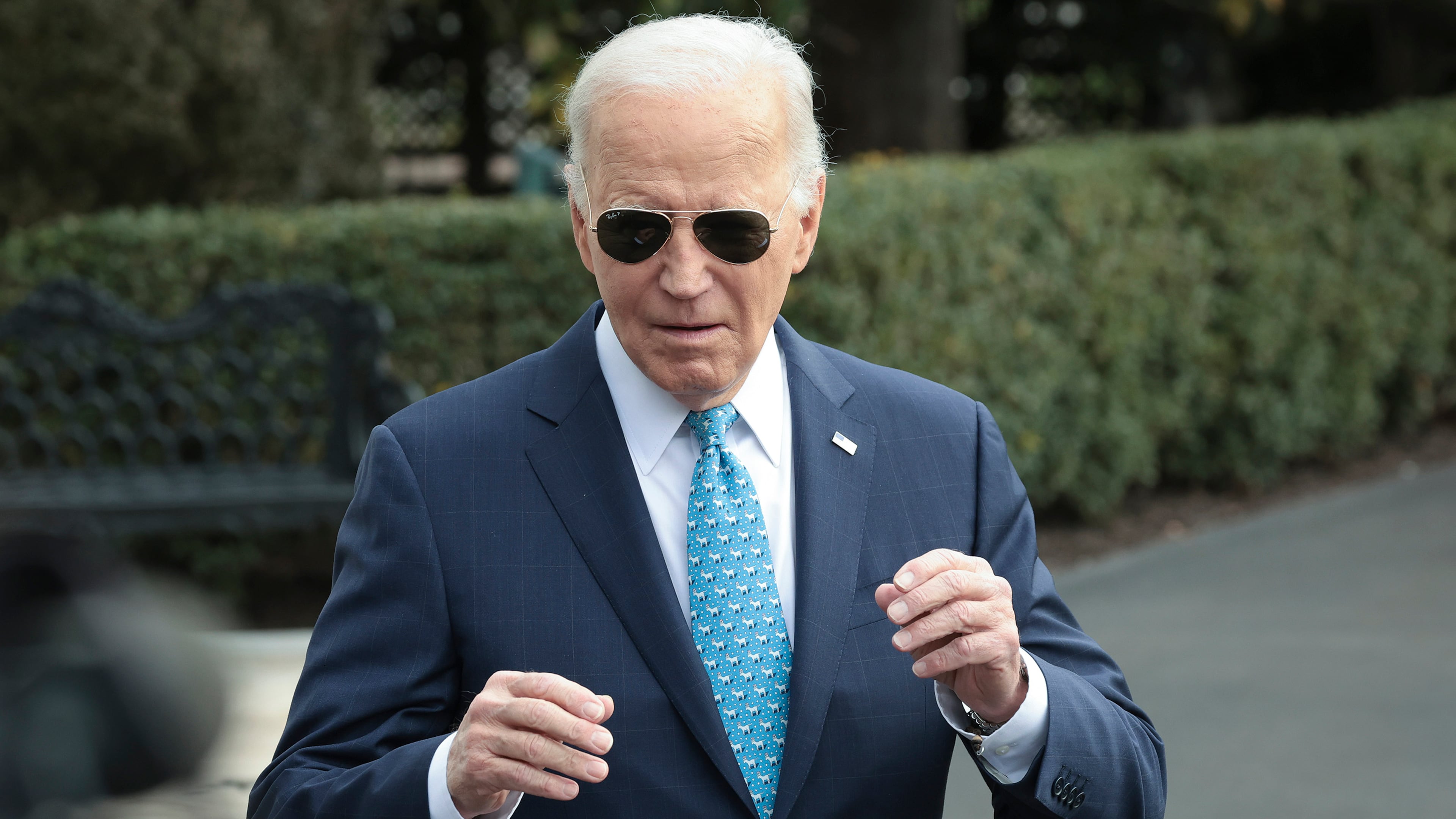Opinion: I’m almost 80 and still can contribute. So can Joe Biden

As a 79-year-old recent retiree, I bridle at the increasingly common view that 81-year-old President Joe Biden’s age should disqualify him from a second term. I’ll explain why – if my advanced years do not cause me to falter along the way.
President Biden’s age clearly has not kept him from accomplishing a great deal in first term. In the legislative realm alone, Biden can take principal credit for passage of the $1.9 trillion American Rescue Plan, which included COVID-19 financial relief, the Inflation Reduction Act with its historic investments in clean energy and health care, and the Infrastructure Investment and Jobs Act, which brought extensive funding to improve the nation’s aging roads and bridges. The Atlantic magazine described the legislative successes of Biden’s first two years (before Republicans achieved a majority in the House of Representatives) as “among the most productive of any president in the past half century.”

Even those who might question the wisdom of this legislation cannot dispute their magnitude. Moreover, this legislation came despite Biden having only narrow majorities in both houses of Congress. Far from being easy packages to enact, they required consummate negotiating skills, and President Biden led the negotiations.
Considering those accomplishments – relevant to the issue of age, Biden’s recent accomplishments –why assume he could not continue to be effective? For one thing, some warn, he might die in office. While that’s possible, actuarial tables show a life expectancy of 7¼ additional years for an 81-year-old male, as well as less than a 10% chance of him dying in any given year up to age 85. Biden’s apparent excellent health might mean even an even longer life expectancy.
Nor does octogenarian status imply an inability to be effective. To the contrary, many in their 80s remain very productive. My dissertation advisor of a half-century ago, who just turned 88, told me recently that he is about to begin — yes, begin — revisions for the 16th edition of his college textbook. As he noted, “Keeping busy is important when you are even older than President Biden.” Being seven years younger, Biden could be capable of building on his accomplishments in a second term.
Another concern points to Biden’s frequent gaffes, as when he recently appeared to confuse the late French President Francois Mitterand with current French President Emmanuel Macron. Perhaps they should be disqualifying.
Biden has a long history of gaffes, making it difficult to blame his age for a pattern exhibited when he was 25 or 50 years younger. Moreover, the gaffes have not prevented him from building a substantial record of accomplishments both in Congress and the White House.
There is also little evidence of the gaffes having negative effects (except on public perceptions). There are no reports, for example, of Biden addressing French President Emmanual Macron as Francois Mitterand, a former president now deceased, in person. With all the handwringing about Biden’s age, we can be confident that, had he made that mistake, we would have heard—and heard and heard yet again.
Finally, there is the issue of Biden’s supposedly fading memory, catalyzed by special counsel Robert Hur’s recent description of Biden as a “well-meaning, elderly man with a poor memory.”
That argument is flawed by Hur, perhaps due to the impetuousness of youth (he’s only 51), going beyond both his charge—to investigate mishandling of presidential documents—and his qualifications—he’s a lawyer, not a geriatric specialist—in his assessment. Hur, in short, was neither asked nor qualified to judge President Biden’s age or memory.
Often ignored in concerns about Biden’s age is the importance of the people around him, the other members of his administration who also deserve credit for his administration’s accomplishments. Contrary to some perceptions, an effective president does not function as a lone Superman whose powers enable him (or her) to accomplish great things. The job is too big, the issues too many, for a president to shoulder the entire job alone. (This reality seems lost on many of the 40-, 50-, and 60-something Biden “age skeptics.” Perhaps, they’ll learn once they mature.)
These many expert staff serve as insurance should a president falter, as by forgetting the name of an important leader (Macron perhaps) or having a flawed understanding of a particular issue. They provide substantial protection against presidential fallibility, whatever a president’s age.
So, I suggest, vote for or against President Biden based on an assessment of his policies and performance, not because he has exceeded an arbitrary age threshold. Many of us in or on the cusp of our 80s still have much to contribute.
John C. Thomas is Emeritus Professor of Public Management and Policy at the Andrew Young School of Policy Studies at Georgia State University.


